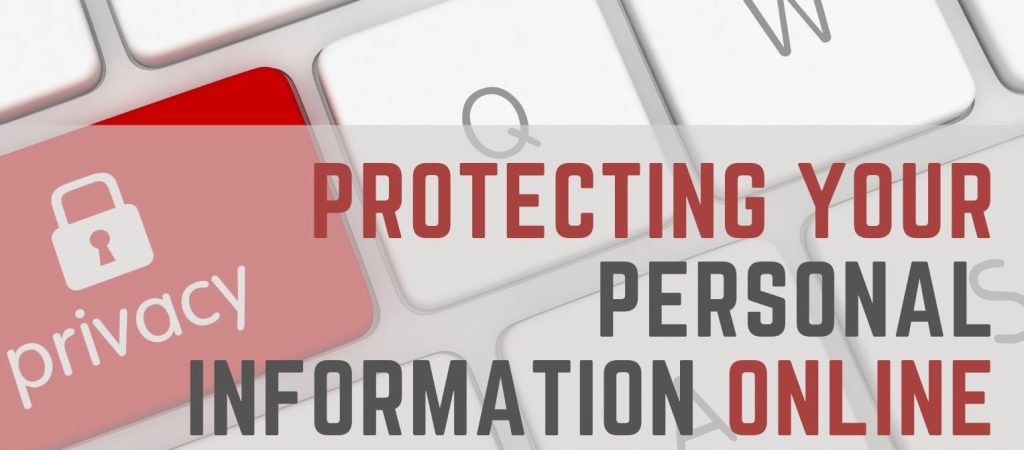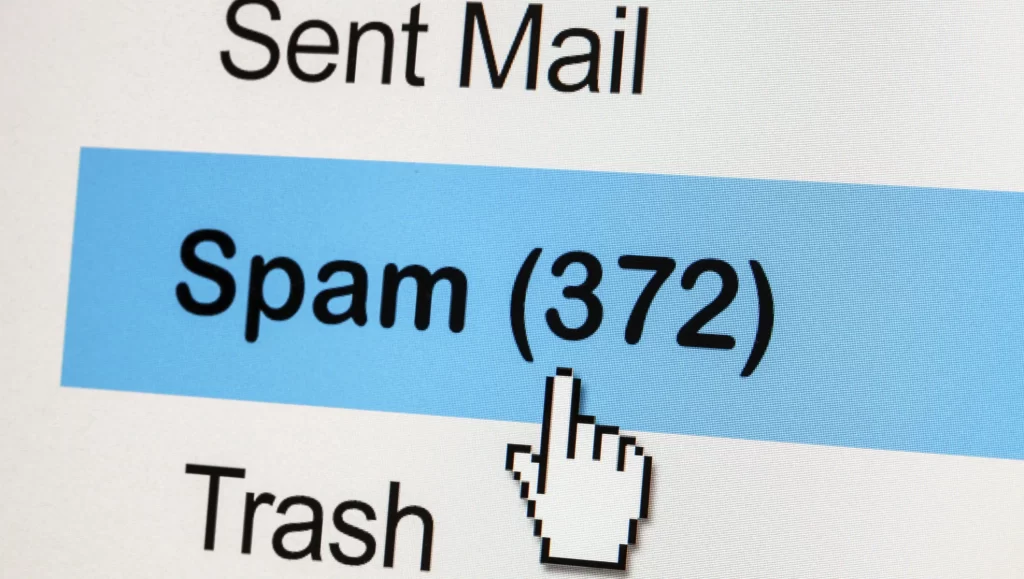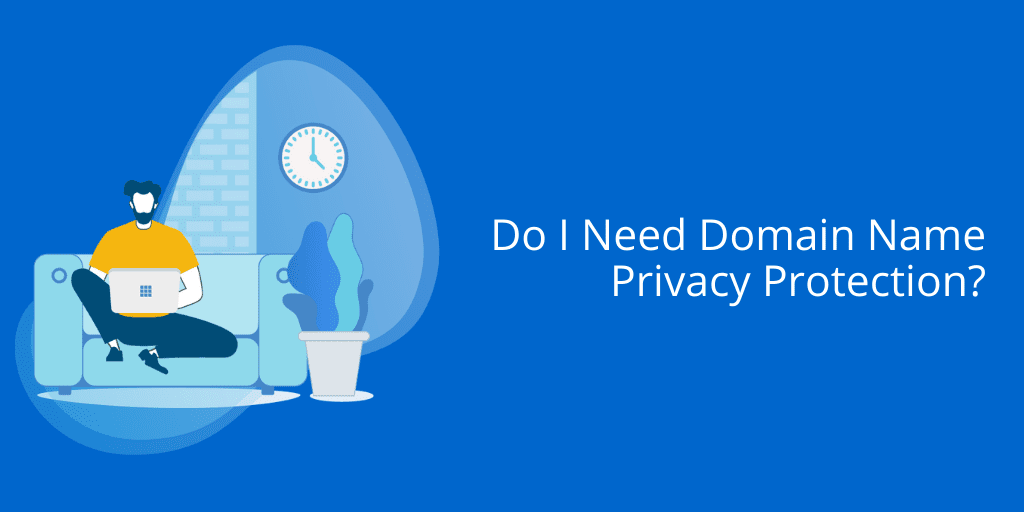Domain privacy protection, also known as WHOIS privacy protection, is a service provided by domain registrars to safeguard the personal information of domain owners. When you register a domain, your contact details such as name, address, phone number, and email address are required and entered into the WHOIS database, which is publicly accessible. Domain privacy protection replaces your personal information with the contact information of the registrar or a proxy service, keeping your details private.

Table of Contents
Benefits of Domain Privacy Protection
- Protects Personal Information: Your personal contact information is hidden from public view, reducing the risk of identity theft and personal data exposure.

- Reduces Spam: Spammers often scrape the WHOIS database for email addresses to send unsolicited emails. Privacy protection helps mitigate this issue.

- Enhances Security: By keeping your information private, it adds an additional layer of security against domain hijacking and other cyber threats.

- Maintains Anonymity: For individuals who wish to remain anonymous, especially if they are running a personal blog or website, this service is crucial.

Do You Need Domain Privacy Protection?

The need for domain privacy protection depends on several factors:
- Privacy Concerns: If you are concerned about your personal information being publicly accessible, privacy protection is advisable.
- Nature of Your Website: For personal websites, blogs, or small businesses, maintaining privacy might be more important. For larger businesses, having public contact information can enhance customer trust and transparency.
- Regulatory Compliance: Some regions have regulations that mandate the disclosure of certain domain registrant information. Check local laws and regulations to ensure compliance.
- Cost: privacy protection usually incurs an additional fee, although it is typically modest.
Considerations
- Transparency: For businesses, publicly accessible contact information can build trust with customers and partners.
- Communication: Ensure that the proxy contact information provided by the privacy protection service is reliable so that important communications are not missed.
- Legal Requirements: Some domain extensions (TLDs) have specific rules regarding privacy protection, and not all TLDs support WHOIS privacy.
In summary, domain privacy protection is a valuable service for protecting your personal information and enhancing online security. Whether you need it depends on your privacy preferences, the type of website you are running, and the regulations applicable to your domain.


